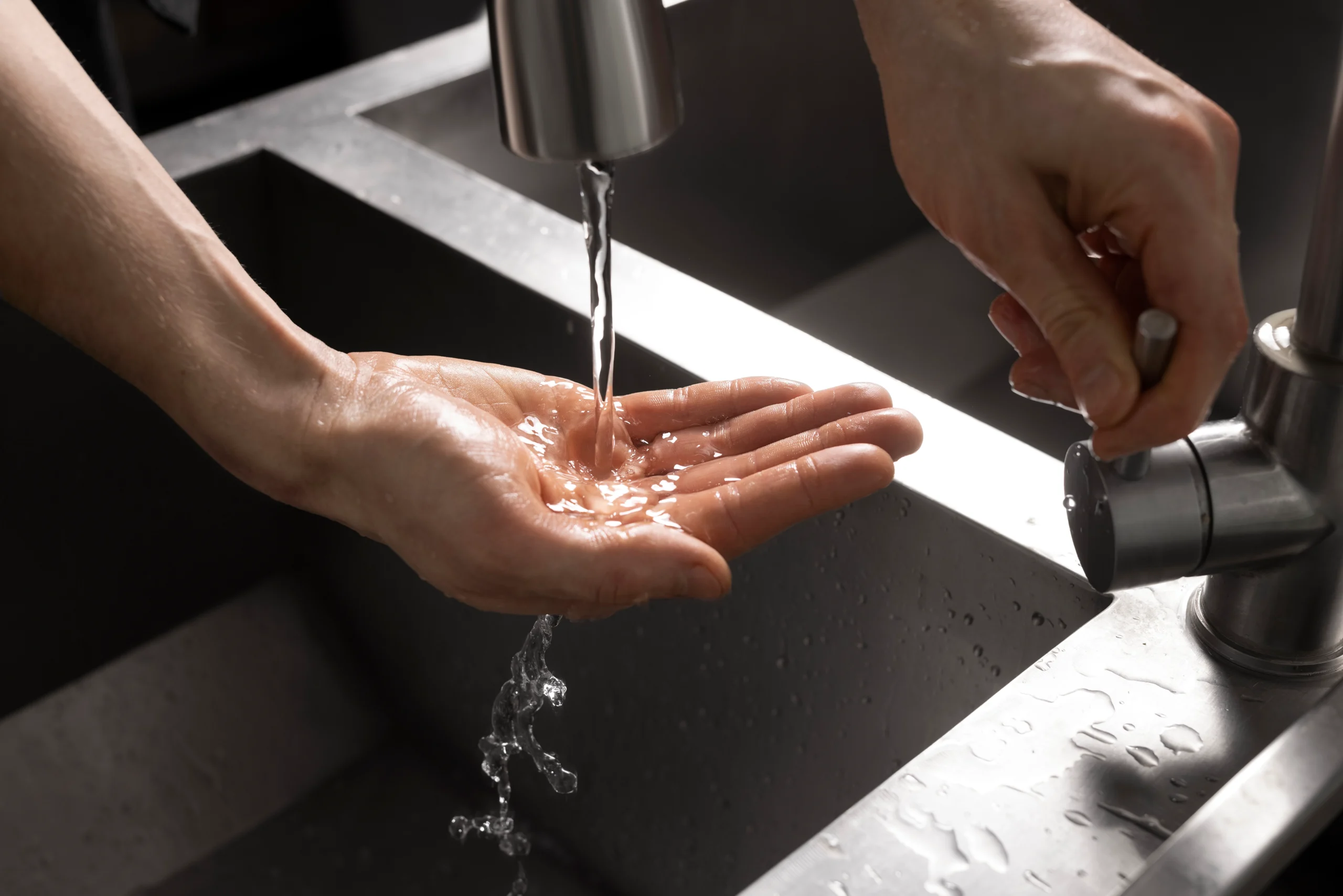Low water pressure is a frustrating issue that many homeowners in Pittsburgh, PA experience. Whether it’s a weak shower stream or slow-filling sinks, poor water flow can disrupt your daily routine. Fortunately, identifying and resolving the root cause can bring your home’s water pressure back to normal levels. Here’s a guide on how to fix low water pressure in Pittsburgh homes.
Common Causes of Low Water Pressure in Pittsburgh Homes
Pittsburgh’s aging infrastructure and unique geography often contribute to water pressure problems. Here are some common causes:
1. Corroded Pipes
Many older homes in Pittsburgh still have galvanized steel plumbing, which is prone to internal corrosion. Over time, this narrows the pipes and restricts water flow.
2. Pipe Leaks
Even a small leak in your plumbing system can lead to noticeable drops in pressure. Leaks waste water and reduce the flow reaching your faucets.
3. Mineral Buildup
Pittsburgh has moderately hard water, which means minerals like calcium and magnesium can accumulate in pipes and fixtures, decreasing water flow.
4. Partially Closed Valves
Check the main shutoff valve and water meter valve. If either isn’t fully open, it can result in reduced pressure throughout the house.
5. Municipal Supply Issues
Sometimes the issue isn’t inside your home. The City of Pittsburgh’s water system may be undergoing maintenance or repairs that temporarily affect your water pressure.
How to Diagnose the Problem
Before calling a professional, try these simple steps to identify the issue:
- Test Multiple Fixtures: Is the low pressure limited to one faucet or is it throughout the house? This helps pinpoint whether it’s a local or widespread issue.
- Check for Leaks: Look for wet spots, damp walls, or hissing sounds that could indicate hidden leaks.
- Inspect Valves: Make sure the main water valve and any branch valves are fully open.
Solutions to Fix Low Water Pressure
1. Clean or Replace Faucet Aerators and Showerheads
Mineral deposits often clog aerators and restrictors. Soaking them in vinegar can dissolve the buildup.
2. Fix Plumbing Leaks
Addressing leaks quickly prevents further water loss and pressure issues. For major leaks, call a licensed plumber in Pittsburgh right away.
3. Upgrade Old Plumbing
Replacing outdated galvanized pipes with modern PEX or copper piping can significantly improve flow. This is a more involved process but provides long-term benefits.
4. Install a Pressure Booster Pump
If your home sits at a higher elevation or the municipal supply is weak, a booster pump can improve water flow throughout the house.
5. Schedule a Professional Inspection
Local plumbing professionals understand the specific challenges of Pittsburgh’s plumbing systems. They can assess your water pressure, detect hidden issues, and recommend the right solution.
When to Call a Professional in Pittsburgh, PA
If basic fixes don’t improve the pressure, it’s time to contact a licensed plumber. Pittsburgh plumbers are familiar with local codes, aging infrastructure, and common water supply problems in neighborhoods like Squirrel Hill, Mount Washington, and Shadyside.
Final Thoughts
Living with low water pressure doesn’t have to be your new normal. By understanding the possible causes and applying the right solutions, you can restore strong, steady water flow throughout your Pittsburgh, PA home. Whether it’s a small repair or a full system upgrade, resolving the issue will improve your home’s comfort and functionality.
